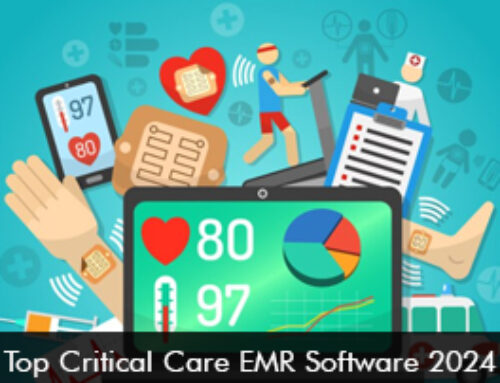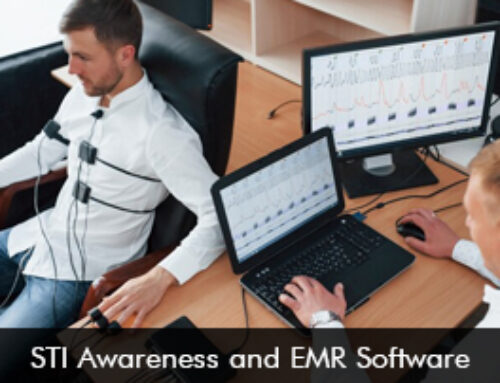Staff members are burdened with tedious administrative tasks such as making patient appointments, making phone calls for confirmations and prescriptions ordered. Thankfully in the digital world of today, Electronic Medical Records (EMR) software systems have made life easier by streamlining daily clinical, financial, and operational processes which enables the practice to focus on enhanced patient care and ultimately improving patient outcome levels.
Behavioral health services are extremely important for patients’ overall well-being. Operating a mental health practice can be challenging and mental healthcare providers can grow and practice seamlessly by opting for practice automation.
The software selection process can be confusing but we have you sorted out
In the technologically advanced healthcare sector, many software vendors are catering to mental health and behavioral health practice. Providers may get overwhelmed with the number of software vendor choices and may not know how to cut down on their potential vendor’s list. You don’t have to worry as we will help you guide you through the selection process by highlighting what you need to focus on.
Your final decision should be based on the following 4 key components
These are the basic and the crucial aspects you should look for when selecting a software vendor for your behavioral health practice.
- Functionality – As a potential buyer you should make a list of the key tools you need for your practice automation. Your software vendor should offer all the features you need today to easily grow in the future. The software should provide interoperability opportunities so data can be shared easily for care coordination and improved care to the patient. It should have features of customized templates, workflow management, GAF charts, and ICD/CPT codes for mental health to make billing precise and accurate.
- Data sharing – Data sharing and transfer is highly important for your mental health practice as it supports continuity in care and eliminates any chances of errors which can have a positive impact on patient outcome levels. By data sharing, providers can collaborate with other providers to decide on the best treatment path for the patient.
- Cloud-based software system – The system design should be cloud-based software system as it allows the flexibility for the provider and the staff members to have access to data round the clock via their smartphones. By having information at their fingertips the doctor can provide the best care to their patients.
- Certification – It makes sense that you go for a software system that is certified. A behavioral health EMR software system should be ONC-ATCB certified which makes sure that the vendor meets all Meaningful Use objectives and the platform is HIPAA Compliant for maximum data privacy and security.
Moving ahead
The right software choice can help your practice provide better patient care as billing services are also automated and provider and patient communication is enhanced with the help of the patient portal platform in your EHR software system. Mental health patients have a desire to stay in touch with their therapist and the patient portal service exactly does this, patients can message their provider anytime without having to worry about their confidential information is at stake. Here are our top-picks for mental and behavioral health EMR software, our software professionals have selected them in terms of functionality, ease of use, software design, and compatibility.







